The Environmental Impact of Tea Production: How to Choose Sustainable Tea

Tea is one of the most beloved beverages worldwide, enjoyed for its comforting flavors and numerous health benefits. However, like many agricultural products, tea production has a significant environmental impact. From farming practices to packaging and shipping, tea’s journey from plant to cup can contribute to climate change, deforestation, and resource depletion. Fortunately, sustainable tea offers an eco-friendly alternative that prioritizes environmental stewardship and social equity. In this article, we’ll explore the environmental impact of tea production, how to identify sustainable tea, and why Numi Tea is leading the way in promoting eco-friendly practices.
The Environmental Impact of Tea Production
Tea production involves multiple stages, each with potential environmental consequences. Here are some key factors to consider:
1. Farming Practices
Conventional tea farming often relies on monoculture practices, pesticides, and chemical fertilizers that degrade soil health, harm local ecosystems, and pollute water sources. Additionally, deforestation to make way for tea plantations can disrupt biodiversity.
2. Carbon Footprint
The carbon footprint of tea stems from farming, processing, packaging, and transportation. Tea leaves require drying, withering, and rolling, processes that consume energy. Packaging and shipping further contribute to greenhouse gas (GHG) emissions, particularly for teas transported over long distances.
3. Water Usage
Tea farming is water-intensive. Improper irrigation practices can deplete water resources in regions where water scarcity is already a concern.
4. Waste from Packaging
Traditional tea packaging often involves single-use plastics and non-compostable materials. These can contribute to landfill waste and pollution.
How to Choose Sustainable Tea
Choosing sustainable tea involves understanding the environmental and social practices behind a product. Here’s what to look for:
1. Look for Certifications
Certifications such as Fair Trade Certified™️, USDA Organic, and Climate Neutral Certified ensure that the tea you purchase meets specific environmental and ethical standards. Fair Trade certifications, for example, support fair wages and community development for tea farmers.
2. Opt for Organic Tea
Organic farming avoids synthetic pesticides and fertilizers and reduces soil and water contamination. Organic farming supports biodiversity by encouraging natural pest control and healthier ecosystems. After tea leaves are plucked, they are dried and heated. They are not washed before consumption, so chemical residues used in non-organic farming can end up in your cup. That is why choosing organic tea is especially important.
3. Choose Brands Committed to Sustainability
Seek out tea brands that measure and reduce their carbon footprints, use eco-friendly packaging, and actively support regenerative agricultural practices.
4. Minimize Packaging Waste
Choose teas with biodegradable, compostable, or recyclable packaging. Some companies even offer plant-based tea wrappers that leave no environmental trace.
Numi Tea: A Leader in Sustainable Tea
Numi Tea exemplifies how a company can prioritize sustainability across every aspect of its operations. Here’s how Numi is setting the gold standard for eco-friendly tea production:
1. Measuring and Reducing Carbon Footprints
Numi worked with Planet FWD, a leading carbon management platform, to calculate the average carbon footprint of all its teas and botanical products. They found that a single cup of Numi tea has an impressively low carbon footprint of just 0.038 kg CO2e. To achieve this, Numi optimizes its supply chain to minimize greenhouse gas emissions, from sourcing to packaging.
Moreover, Numi is a Climate Neutral Certified business, offsetting 100% of its annual emissions through high-quality carbon offset projects. These initiatives support biodiversity and community resilience in critical ecosystems like the Amazon Rainforest.
2. Promoting Regenerative Agriculture
Numi collaborates with organic tea estates that use regenerative farming methods. Practices like no-till farming, cover cropping, and agroforestry not only enrich soil health but also draw carbon from the atmosphere, making tea farming a carbon-negative activity at the farm level.
3. Eco-Friendly Packaging
Numi’s plant-based tea wrappers are crafted from renewable materials designed to be fully compostable. This commitment to sustainable packaging helps reduce waste and environmental pollution. Annually, Numi displaces 14.3 tonnes of virgin plastic otherwise used for its tea wrappers.
4. Supporting Fair Trade
Through its Fair Trade Certified™️ program, Numi ensures that tea farmers receive fair compensation and funds for community development projects. To date, the company has contributed over $1 million in Fair Trade Premiums, which have funded initiatives such as education, healthcare, and infrastructure improvements.
How to Reduce Your Tea’s Environmental Impact
Even as consumers, we can take steps to minimize the environmental footprint of our tea habits. Here are a few tips:
1. Boil Water Efficiently
Nearly half of a tea bag’s carbon footprint comes from boiling water. To reduce energy use:
- Use an electric tea kettle, which is more energy-efficient than stovetop kettles.
- Boil only the amount of water you need.
- If possible, switch to clean electricity sources like solar or wind power.
2. Compost Tea Waste
Tea leaves and biodegradable wrappers are excellent for composting. Composting reduces methane emissions from landfills and enriches soil with organic nutrients, creating a positive environmental impact.
3. Choose Tea Over Coffee
For those seeking a more sustainable caffeine fix, tea is a lower-carbon option than coffee. A cup of Numi tea has an 86% lower carbon footprint than a conventional espresso and 93% lower than a conventional latte. Switching to tea can be a simple yet impactful choice for reducing your carbon footprint.
Why Supporting Sustainable Tea Matters
Supporting sustainable tea brands like Numi has ripple effects that extend beyond your cup. Here’s why it matters:
- Protecting Ecosystems: Sustainable farming practices preserve biodiversity and prevent soil degradation.
- Fighting Climate Change: Regenerative agriculture and carbon offset programs help mitigate the tea industry’s greenhouse gas emissions.
- Empowering Communities: Fair Trade programs ensure that tea farmers and their communities benefit from improved wages and resources.
- Reducing Waste: Compostable and recyclable packaging helps combat plastic pollution and waste accumulation.
Final Thoughts: Choose Numi, Choose Sustainability
The environmental impact of tea production is a challenge, but it’s one that consumers and companies can address together. By choosing sustainable tea, you not only enjoy a delicious beverage but also support practices that protect the planet for future generations.
Numi Tea exemplifies what it means to produce tea responsibly, from its low carbon footprint to its commitment to regenerative agriculture, compostable packaging, and fair trade practices. As a leader in eco-friendly tea, Numi invites you to join them in making choices that align with sustainability. With each cup, you contribute to a more equitable, greener world.
Make your next cup count—choose Numi Tea and savor sustainability.
-
Meemz on
This article is a fantastic resource for understanding the environmental impact of tea production and how sustainable practices can make a difference! I especially appreciate the emphasis on certifications and eco-friendly packaging.
If you’re interested in a deeper dive into eco-friendly practices, you might find this guide on sustainable tea production insightful: https://buildupcamp.com/post/sustainable-tea-production-guide-eco-friendly-practices/. It explores practical steps for producers and consumers alike to support a greener tea industry.
Thanks for shedding light on such an important topic!










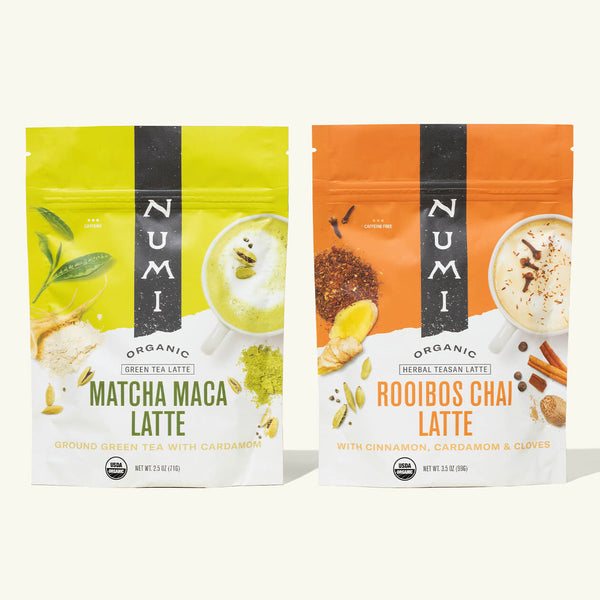

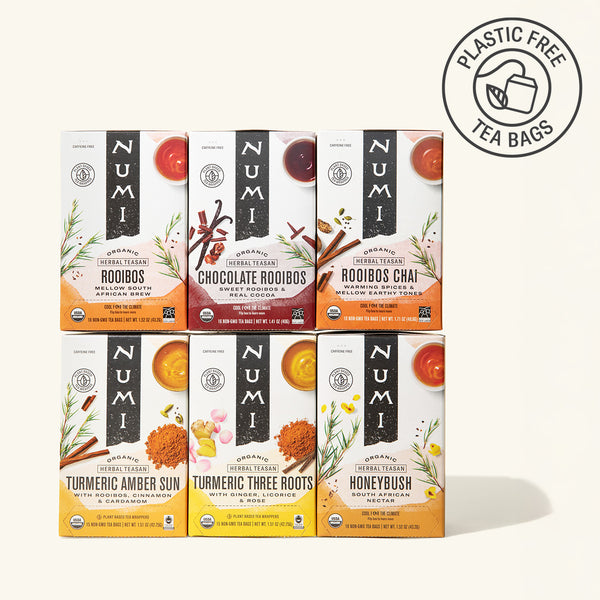







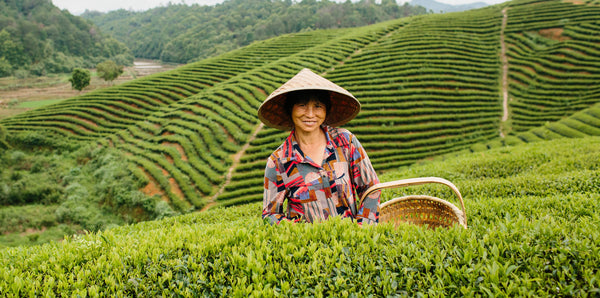

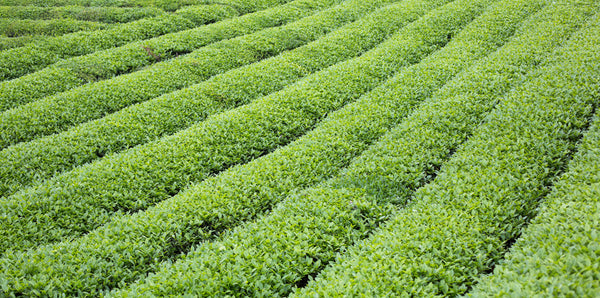

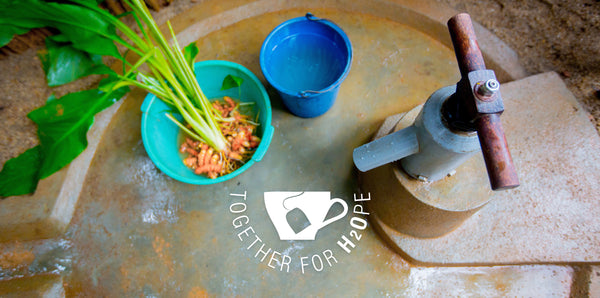
I love the tea focus that has a lot of hibiscus it it…but I can’t find it anywhere